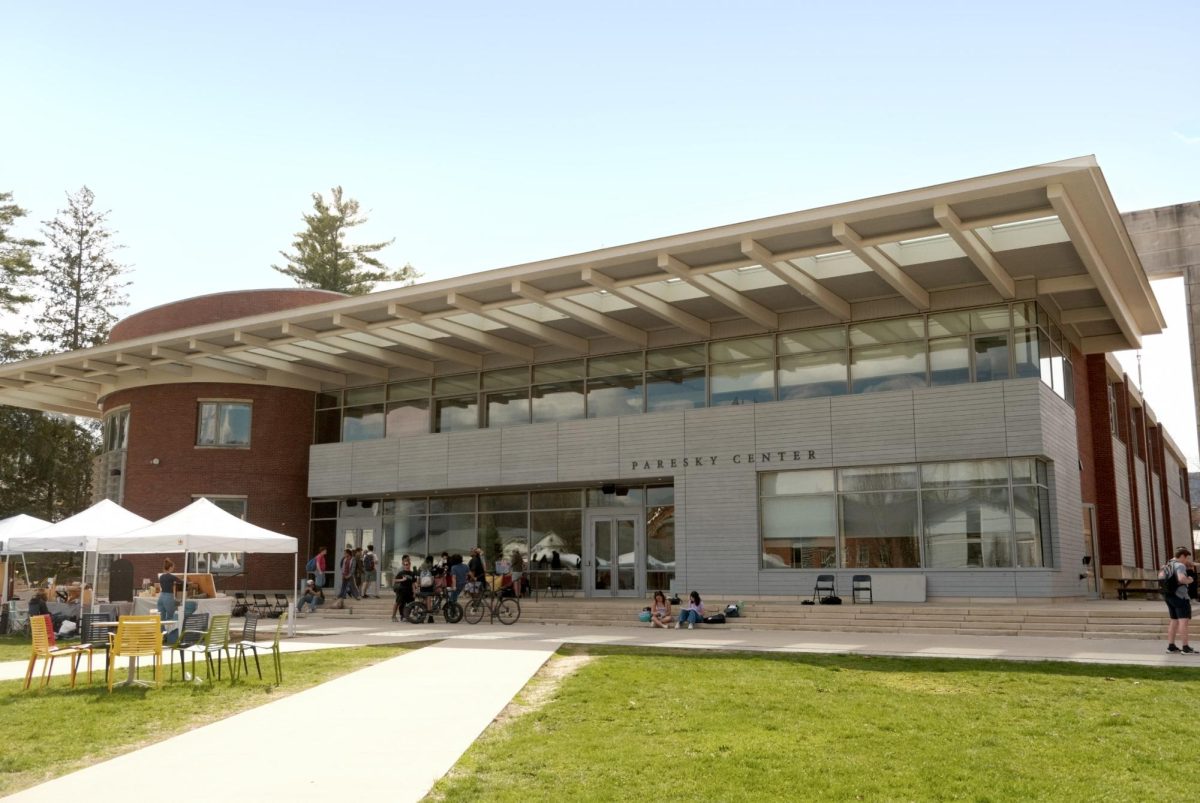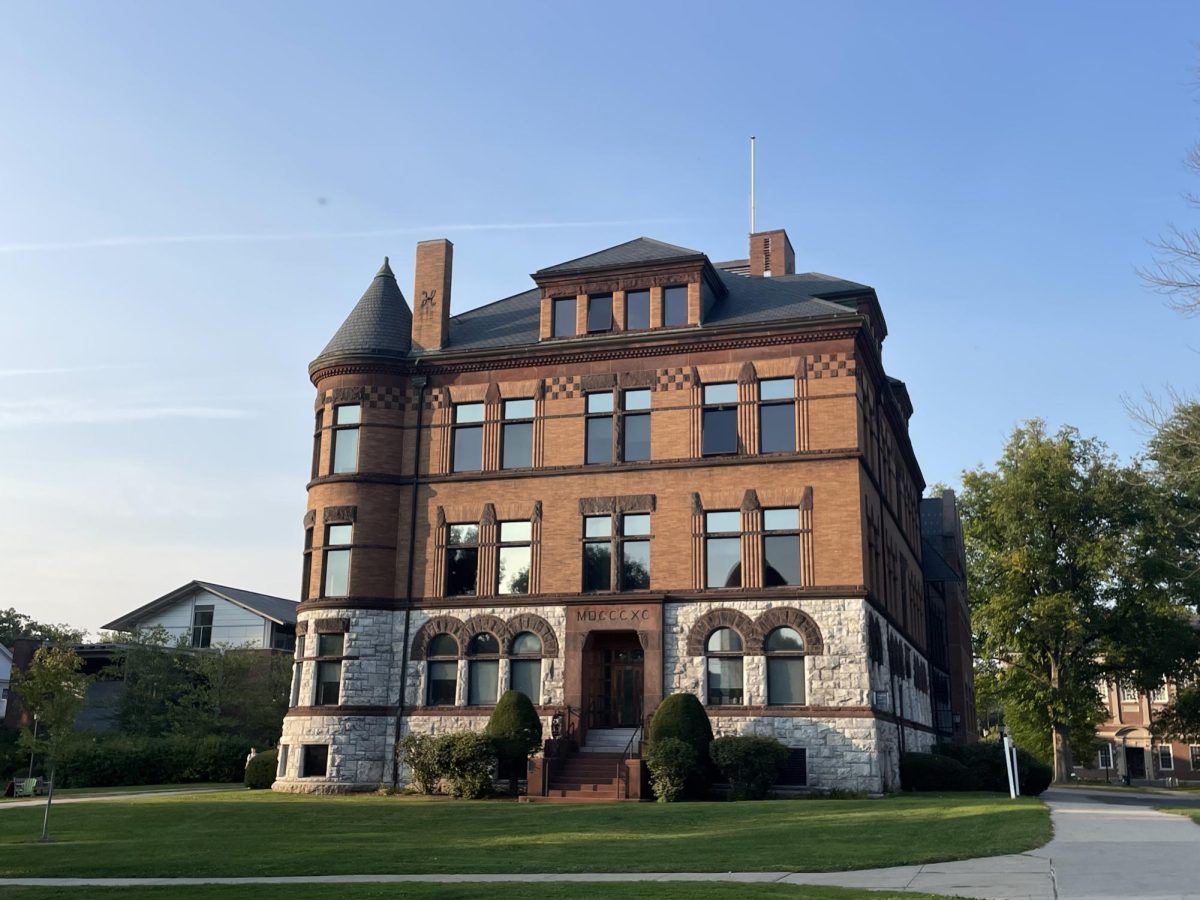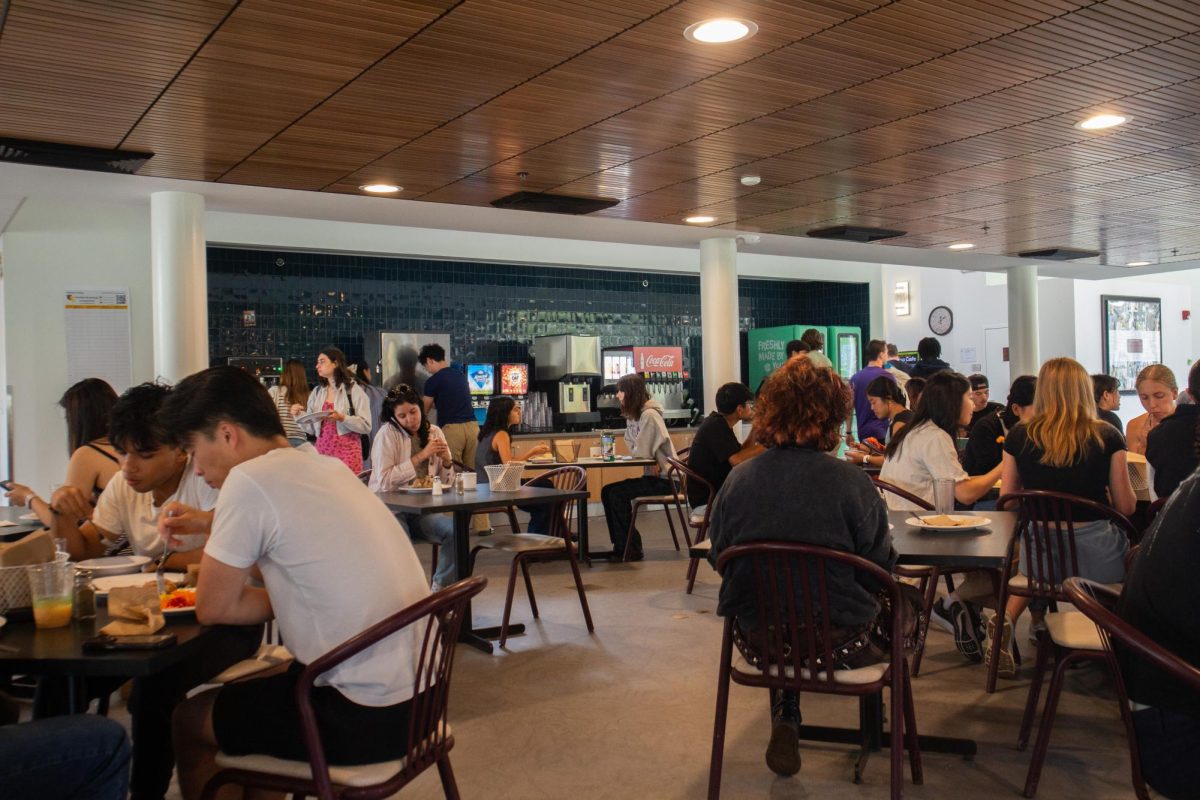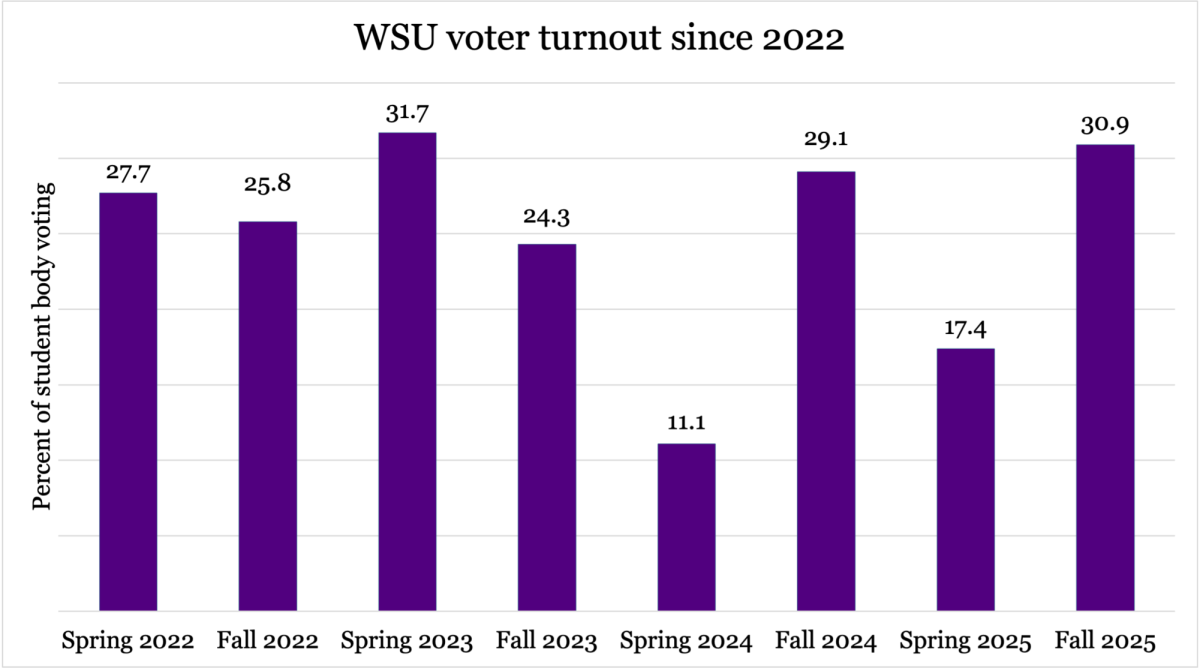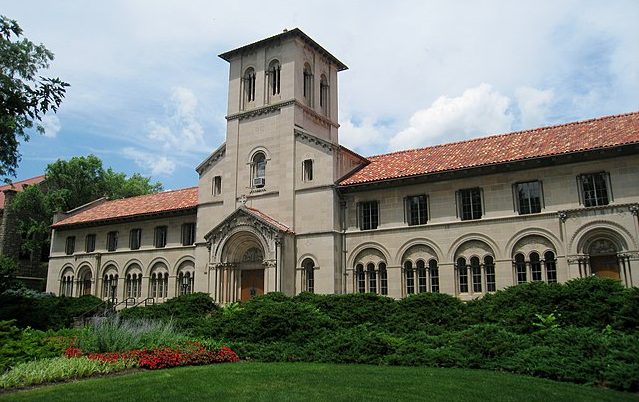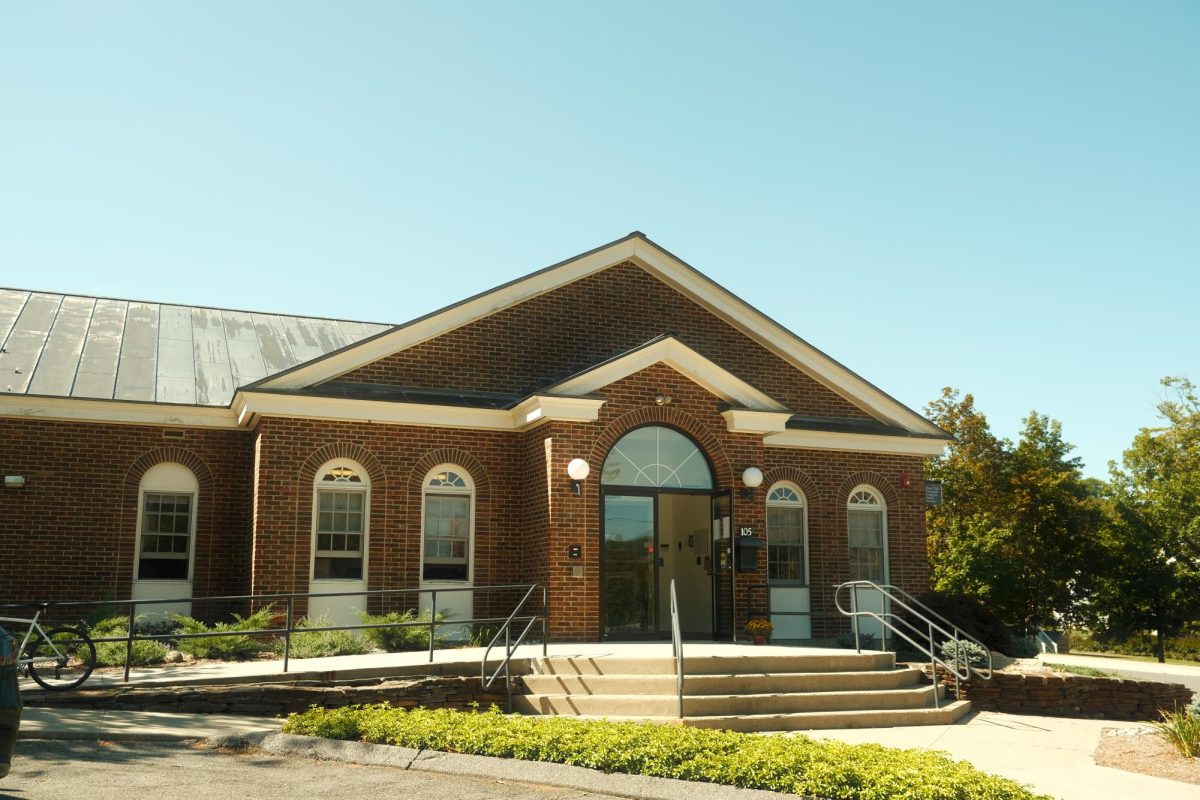The College has implemented a pause on certifying National Science Foundation (NSF) and National Institutes of Health (NIH) grants, Provost Eiko Maruko Siniawer ’97 and Dean of the Faculty Lara Shore-Sheppard announced in a May 30 email to faculty. The pause came in response to a new condition from the agencies that requires universities accepting NSF and NIH funds to attest that none of their programming works to “promote or advance diversity, equity, and inclusion (DEI) … in violation of federal antidiscrimination laws.”
“The College decided … to temporarily pause acceptance of funds from new NSF or NIH grants to allow for a thorough review amid the rapidly evolving federal enforcement environment,” Chief Communications Officer Meike Kaan wrote in an email to the Record. “We take our legal obligations seriously, including those related to compliance with federal antidiscrimination laws and the receipt of federal funding. Our review is underway, and we have already made significant progress toward the clarity we need to resume certification.”
The pause affects grants already approved by the agencies, which the College then must certify before faculty can begin to draw down funds, a step that now includes agreeing to the new condition about DEI programs. It remains unclear whether any funds have yet been delayed by the pause.
Associate Professor of Mathematics Leo Goldmakher told the Record that he did not view the pause as a political statement. “It has been interpreted as an act of resistance —– it is in no way that,” he said. “It’s really a pragmatic response by the College to a rather difficult, complicated, set of legal considerations imposed by new requirements from the NSF.”
Professor of Computer Science Rohit Bhattacharya — who has received NSF funding in the past — said that he was initially unsure about the pause. “The pause came out of nowhere,” he told the Record. “I was a little conflicted, because at first, I thought this might be [that] we’re taking a moral stand. And the conflicting part was, ‘How does this affect research at Williams?’ Because science research, in particular, relies pretty heavily on federal funding.”
College officials held meetings with faculty on June 10 and 11 to discuss the pause. “Coming out of the meetings, I felt clarified and reassured,” Professor of Economics Sarah Jacobson said.
“The timeline is murky,” Goldmakher said. “But it sounds like it should be a question of months, not years.”
“The last few weeks have been chaos, but now we understand better where we are with the grants situation,” Jacobson added.
After a faculty member applies for funding, Jacobson explained, the request generally undergoes panel review by the NSF or NIH. “The timeline for these things is very long,” she said. “Every time I’ve submitted an NSF proposal, it’s taken over a year before I’ve heard back.”
Because the pause only affects grants that have already completed the approval process, Jacobson said she felt comfortable proceeding with a new grant application. “I feel like, by the time this moves through and we start drawing down funds, the College will be in a much more comfortable place with the terms and conditions,” she said.
While expressing confidence that the College will lift the pause, Jacobson said she remains troubled by the federal policy changes that precipitated it. “The actual story here is that the Trump administration is attacking institutions of higher education and the ability of people to do scientific research,” she said. “The College’s policy in reaction to the changes at the federal level is a much smaller deal to me.”
Jacobson said that disruptions to federal funding have already compromised her work at the College, as a grant she submitted last year for the economics department’s annual Promoting Inclusion in Economic Research (PIER) conference faced delays. “We hoped that it would get funded in time for this year’s conference, but ended up having to retract it,” she said “The impact of what was going on with the NSF is that we had to have a smaller PIER.”
Goldmakher emphasized the importance of accessing NSF and NIH funds. “Doing science research requires quite a lot of funding … and getting NSF and NIH grants facilitates participation in a larger scientific community outside of Williams,” he said. “We’re already fairly isolated in some ways, geographically, so it’s very important for us to be connected however we can.”
Like Jacobson, Bhattacharya said that he is proceeding with a new grant application even in light of the pause, but noted that it contributes to a sense of instability among College faculty. “The realignment of how the universities are run based on guidelines from the government is adding a lot of uncertainty to when and how faculty can apply for funding,” he said.
“I worry about the general trend of administrations – not just at Williams — trying to read what the government wants of them,” he continued. “The ask is eventually going to start to go against university missions.”




